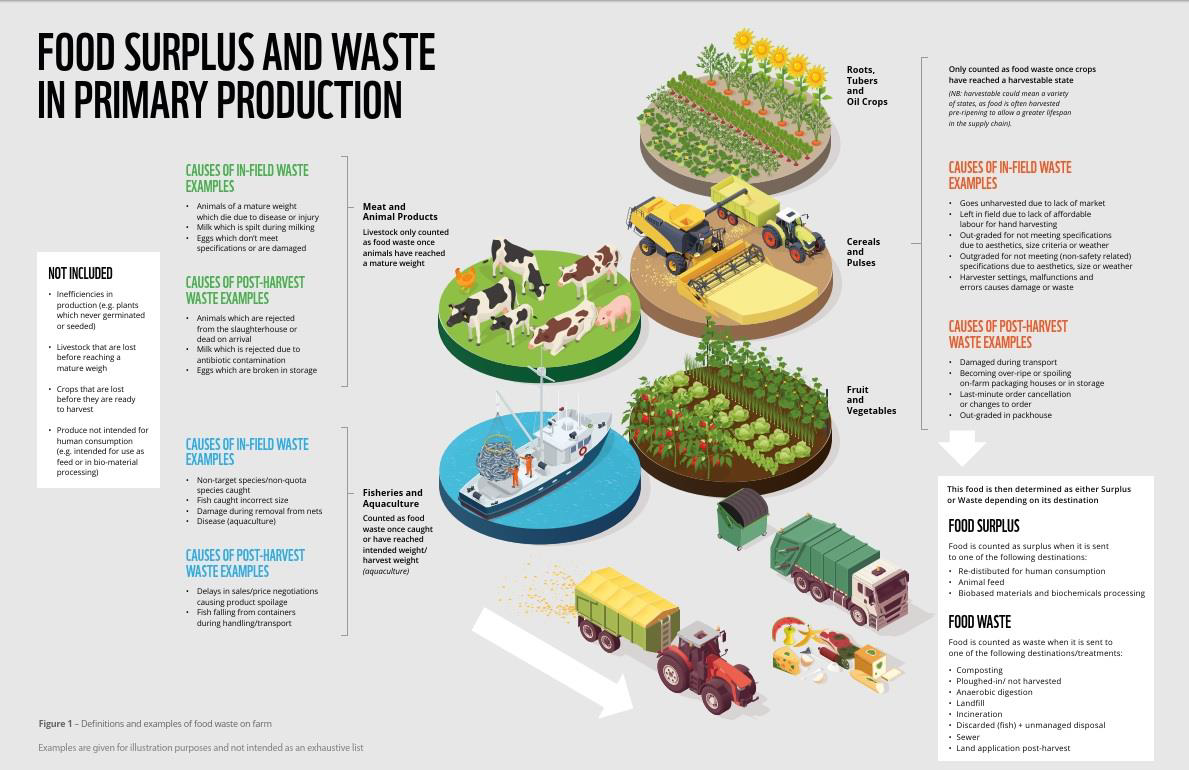The Global Farm Loss Tool
World Wildlife Fund| Source | Data | Guide |
The World Wildlife Fund (WWF) and Tesco's report, "Driven to Waste”, unveils the fact that an estimated 2.5 billion tonnes of food is wasted globally each year, surpassing previous estimates. Approximately 40% of all food produced goes uneaten, with significant losses occurring on farms. This waste not only squanders nutrients and food but also contributes about 10% of all agricultural greenhouse gas emissions.
To address food loss throughout the supply chain, WWF has developed the Global Farm Loss Tool (GFLT) in collaboration with various organizations. This tool enables farmers to measure and report on-farm losses, as well as fosters communication between farmers and buyers in finding solutions for surplus produce. By filling data gaps and providing insights into global farm losses, the GFLT also aims to support governments and experts in devising effective policies to reduce food loss. Compatible with existing reporting standards, the GFLT also aids buyers in meeting food waste and climate commitments. This collaborative effort underscores the crucial role of measurement in addressing food waste and building a more sustainable food system.

Viewed Articles
World Wildlife Fund| Source¬† | Data |¬†Guide |¬†The World Wildlife Fund (WWF) and Tesco's report, "Driven to Waste‚ÄĚ, unveils the fact that an estimated 2.5 billion tonnes of food is wasted globally
Read More
USDA| Source | Data | This product offers a comprehensive view of fertilizer usage trends in the United States, spanning from 1960 to the latest available data. It covers the consumption of various nu
European Commission| Source | Data |  The Agri-food Data Portal provides an interactive tool which shows the developmemt of 20 key indictors for the three dimentions of sustainability in agriculture a
Climate Neutral Farms | ClieNFarms Project is an EU-funded Horizon Europe initiative that supports the transition toward climate-neutral farming through applied experimentation and knowledge exchange
SAI Platform | Source | ¬†SAI‚ÄĮPlatform is a global, non-profit consortium of over 190 agrifood companies, cooperatives, NGOs, and standards bodies collaborating in a pre-competitive space to drive sust
US National Aeronautics and Space Administration| Source | Data |  The Socioeconomic Data and Applications Center (SEDAC) is part of NASA's Earth Observing System Data and Information System, focu




